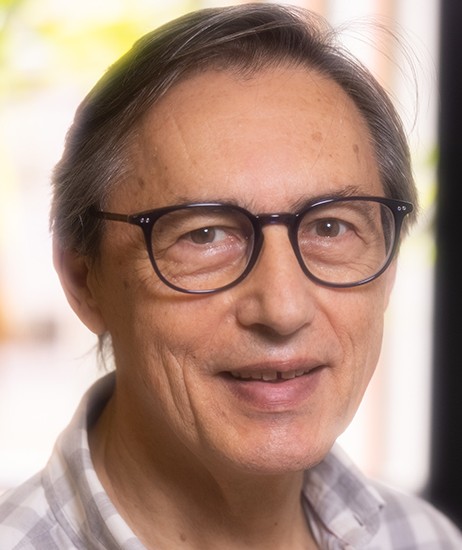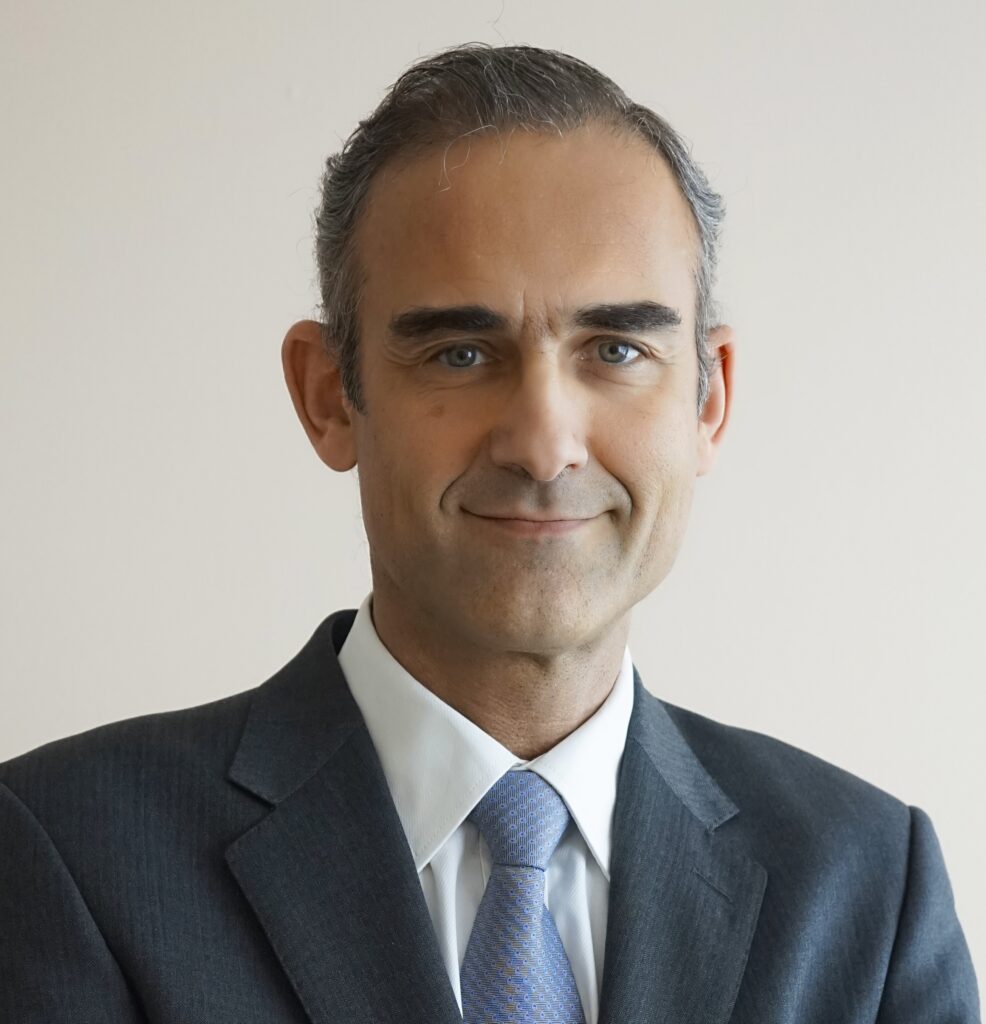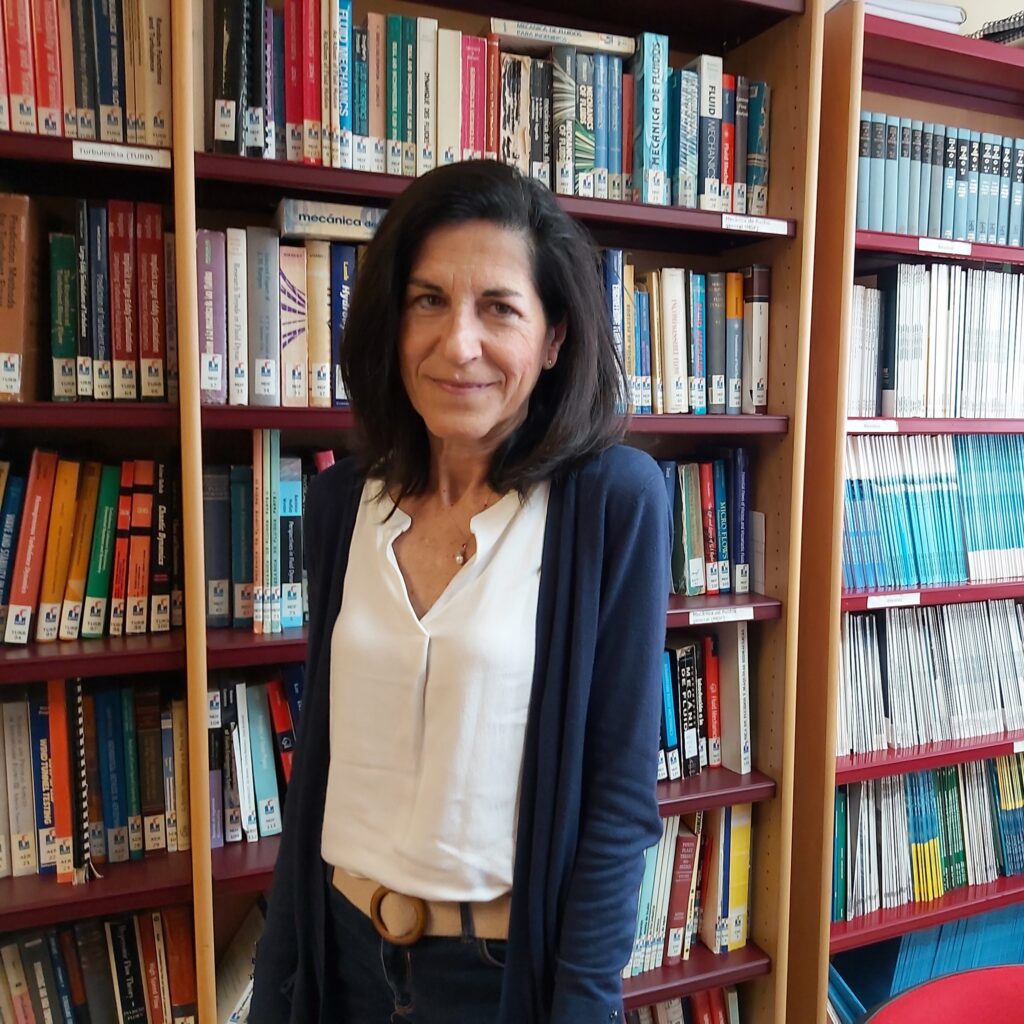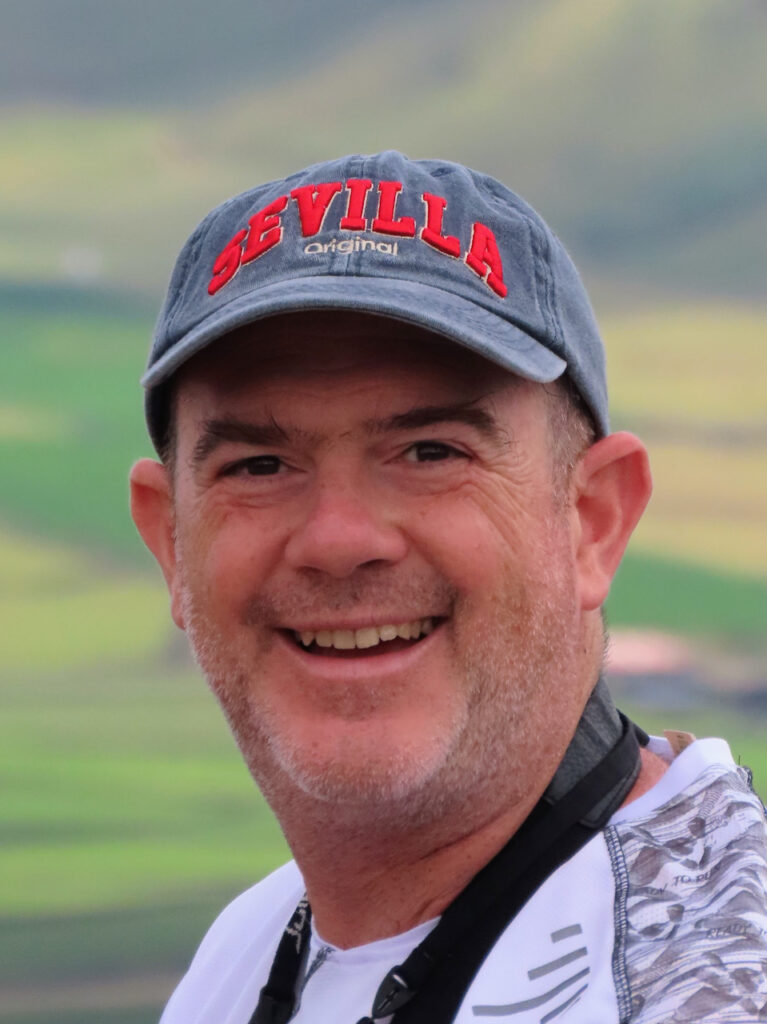Francisco Marqués (Universitat Politècnica de Catalunya)

After graduation in Physics in 1975, I got my PhD at the Barcelona University in 1980, with a thesis in Relativistic Mechanics, and my research work continued in Relativity until 1986. In 1982 I joined the UPC as Associate Professor, where there was an active research group in fluid dynamics led by Professor José María Meseguer. I joined this research group by the end of the eighties. During this period I learned a variety of methods and techniques needed to work in fluid dynamics, in particular in Numerical Methods and Dynamical Systems Theory. I also learned to apply the knowledge I already had from my worn in Relativity, in particular in Differential Geometry and Symmetry Groups to fluid problems. As a result I developed new velocity potential methods for cylindrical geometries. Since 2003 and until my retirement as emeritus professor in 2023, I was leading the Fluid Dynamics research group in the Physics Department at UPC (DF-GeoTech). This group has been awarded the Quality Research Group recognition from the Catalonia Government since 2006.
In fluid dynamics I am working on the transition to turbulence, and the mechanisms responsible of it, from a fundamental point of view. The main goal is to analyse the transitions and bifurcations that take place in the route from laminar flow to turbulent flow, and the physical mechanisms responsible of these changes. The study of flows confined in containers with a simple geometry, easy to study also experimentally in the lab, allows a detailed theoretical and numerical study of the underlying physical mechanisms. These knowledge can subsequently be applied to more complex flows (as in meteorology, oceanography, aerodynamics, hydraulic machinery, etc.). The fundamentals tools used in the analysis of these fundamental flows are the theory of nonlinear dynamical systems and the direct numerical simulation of the Navier-Stokes equations, with powerful spectral numerical codes elaborated by the research group in Barcelona, that allow an analysis of great accuracy.
Isabel Mercader (Universitat Politècnica de Catalunya)

My most significant scientific work began in 1985 when, together with Albert Falqués and Francisco Marqués and under the guidance of my PhD advisor, Josep M. Massaguer, we established a small research group at the Universitat Politècnica de Catalunya (UPC) dedicated to Fluid Dynamics. Over time, this group grew and is now known as the Fluid Dynamics and Geophysical and Technological Applications group (DF-GeoTech). Today, the research of the group focuses on fundamental issues in fluid dynamics (laminar and transitional flows in thermal convection, centrifugal and shear flows), along with applications in geophysics (atmospheric sciences and coastal morphodynamics) and technology (aeronautics).
My research has primarily centered on thermal convection-dominated phenomena, where I’ve used direct numerical simulations of the Navier-Stokes equations and bifurcation theory tools to study flow instabilities and the onset of turbulence. I have also actively contributed to developing in-house numerical codes for our group, including the implementation of spectral methods for spatial discretization and efficient time-evolution codes in different geometries. The numerical tools used in our studies range from time-stepping codes to solvers for steady and periodic states, numerical continuation of solution branches and stability analysis. Among the various systems I have studied, I would highlight research on convection with rotation, with applications in geophysics, and studies on multicomponent mixtures (binary mixtures), which exhibit spatially localized structures and complex dynamics near the onset.
Francisco Marqués and Isabel Mercader will jointly deliver the opening lecture of the conference, titled «Dynamical Systems and Coherent Structures» (abstract available in the Conference Booklet ).
Alfonso Gañán (Universidad de Sevilla)

Professor of Aerospace Engineering and Fluid Mechanics. He was awarded the National Research Prize (2010), is a Fellow of the American Physical Society, and a recipient of the Smoluchowski Award in Aerosol Science, among other national and international recognitions. He has published over 200 international scientific articles, cited more than 15,000 times according to Google Scholar. In 2019, he topped Stanford’s list of researchers in universities in Western Andalusia and Extremadura (Ioannidis 2019) and is among the most patented researchers in Spanish universities, with over 120 patents granted and in commercial and scientific use. His research areas include fluid mechanics, microfluidics, biomedicine, algorithms, and climate. He has developed pioneering technologies such as Flow Focusing, which is utilized in equipment like synchrotrons and free-electron lasers (XFELs) worldwide.
In addition to his academic work, he has served on the CNEAI’s Field 0 Commission, acting as president between 2013 and 2014 and as a member in 2010 and 2011. He has also founded seven companies in Spain and the United States, notably Ingeniatrics, which focuses on the engineering of technical nebulizers and sample introduction for analytical chemistry using spectrometry. His career spans scientific research, academic service, and entrepreneurial development.
Alfonso Gañán will deliver a talk titled «Focusing Forces Against Surface Tension: Creative Pathways of Nature» on Wednesday, June 25. (Abstract available in the Conference Booklet)
Pilar García (Universidad de Zaragoza)

I am Full Professor in Fluid Mechanics at the University of Zaragoza since 2010. My research activity is focused on the development of numerical methods for the simulation of unsteady hydraulic flows. The numerical models of free surface flows developed by the group that has been generated as a result of my activity have proven to be powerful, efficient and accurate simulation tools. They are based on numerical methods for solving systems of conservation law equations, which, initially, were located in contexts of simple geometries. We have extended these numerical schemes making possible their application to realistic cases with applications to engineering, where the importance of the source terms in the equations, especially related to bottom topography in river flows, requires a special numerical treatment in complex cases. The research results have been published in scientific journals classified in the ISI. The research has been developed with the funding of European Programs, National Programs, Regional Programs and collaboration with companies. (H-Index 32 (Source: ISI Web of Knowledge November 2021) average of 23.58 citations per item).
My contributions to society from my activity carried out in the Fluid Mechanics Area of the University of Zaragoza since 1992, with my total dedication to university work understood as a privileged position for the development of knowledge and its communication, have included aspects of research, teaching and university management. The postgraduate and doctorate training activity stands out. I have participated in 2 Quality PhD programs, Fluid Mechanics and Mechanical Engineering. I was a teacher of the Master U. in Applied Mechanics at the University of Zaragoza and currently at the Master U. of Industrial Engineering. I was PI of the Computational Fluid Mechanics Group, recognized as a Reference Group within the research program of the Government of Aragon, for 8 years. In addition, I have been responsible for a Master’s Study in Water Resources Engineering at the University of Zaragoza, for 10 editions. I have been permanently active in technological development, innovation, dissemination activities (4 summer courses on Information and Technological Development for Water Management and 3 International Workshop on Hydrodynamic Modelling) and collaboration with industry and the private sector. I have led agreements with the Ebro Hydrographic Confederation, the Bilbao Water Consortium. I have collaborated in transfer projects with the company Inclam (Spain) and with the company Hydronia (USA) for the registration and transfer of marketable software. We have registered 2 utility models at the University of Zaragoza. My contributions to the training of young researchers materialize in the direction of 20 PFC, 26 TFG, 7 TFM and 16 PhD thesis that have culminated in the creation of a stable research group (www.ghc.unizar.es) for which I am responsible. These works have been financed with competitive scholarships of which I have been a tutor or through contracts charged to my group’s projects.
Pilar García will deliver a talk titled «Geophysical Flow Simulation: From Fluid Mechanics to Reality« on Thursday, June 26 (Abstract available in the Conference Booklet).
Javier Rodriguez (Universidad Carlos III)

I am a curiosity-driven researcher. My view of science as a multidisciplinary enterprise has led me to work on different fields during my career: bubble dynamics, cell biology and mechanics, propulsion of soft animals, vortex dynamics, wave dynamics, microgravity, etc. I am Aeronautical Engineer by training (year 2000, 6-year program). I did my PhD at Carlos III University of Madrid (2004), under the supervision of Prof. Carlos Martínez Bazán, on the turbulent break up of bubbles. Upon my graduation, I moved to the University of California, San Diego (2005-2006) to work in a multidisciplinary group of engineers, biologists and physicists lead by Prof. Juan C. Lasheras. It was there that I started working on biomedical problems. After my postdoctoral period, I moved to Carlos III University of Madrid (UC3M), where I got my permanent position in 2009. In 2012 I completed my BSc in Physics at UNED.
Although most of my teaching and research activities take place at UC3M, I have spent several periods in research stays in different universities since I got my permanent position: I was visiting professor at the University Pierre and Marie Curie (Paris) in the summers of 2013 and 2015; I have visited the School of Mathematics of the University of East Anglia (UK) on three short stays funded by the London Mathematical Society (2013-15); I have been visiting researcher for two three-month stays at the University of Cambridge (UK) in 2017-18; I have visited the University of California, San Diego (USA) several times (one of them funded by a competitive «Salvador de Madariaga» fellowship); In 2022 I spent my sabbatical year at the University of Twente (NL), funded by a competitive «Salvador de Madariaga» fellowship from the Spanish Ministry of Education.
Javier Rodriguez will deliver a talk titled «Dynamics of Viral Particles in Evaporating Respiratory Droplets» on Friday, June 27 (Abstract available in the Conference Booklet).
